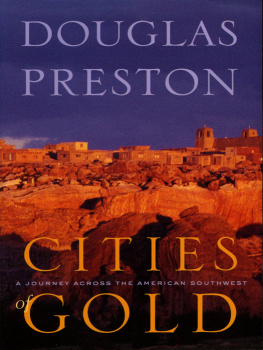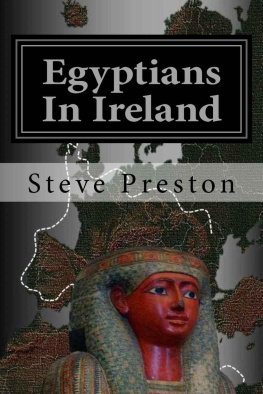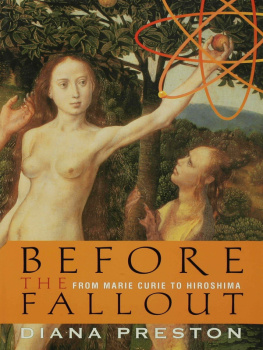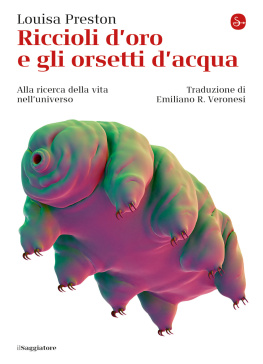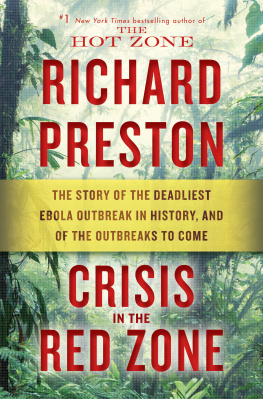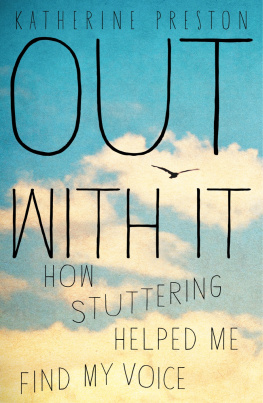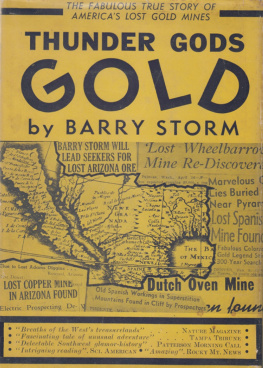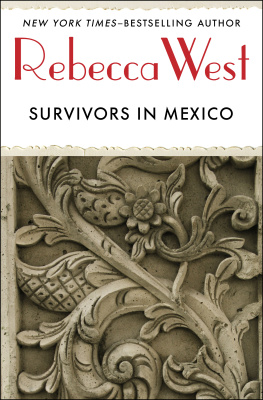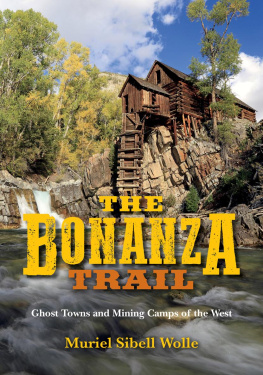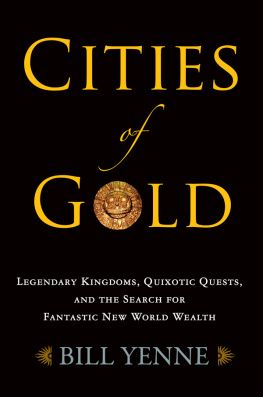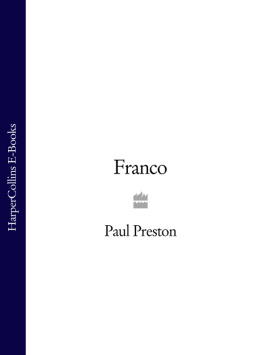
Also by Douglas Preston
Nonfiction
Dinosaurs in the Attic
Talking to the Ground
The Royal Road
Ribbons of Time
The Black Place
The Monster of Florence (with Mario Spezi)
Fiction
Jennie
The Codex
Tyrannosaur Canyon
Blasphemy
Impact
Fiction with Lincoln Child
Relic
Mount Dragon
Reliquary
Riptide
Thunderhead
The Ice Limit
The Cabinet of Curiosities
Still Life with Crows
Brimstone
Dance of Death
The Book of the Dead
The Wheel of Darkness
Cemetery Dance
Fever Dream
Cold Vengeance
Two Graves
Gideons Sword
Gideons Corpse
White Fire
CITIES OF GOLD
A Journey Across the American Southwest in Pursuit of Coronado
by Douglas Preston

[CITIES OF GOLD]
2013 Douglas Preston
2013 Original photography by Walter W. Nelson
All rights reserved.
CAUTION: CITIES OF GOLD is fully protected under the copyright laws of the United States of America and of all countries covered by the International Copyright Union (including the Dominion of Canada and the rest of the British Commonwealth), the Berne Convention, the Pan-American Copyright Convention and the Universal Copyright Convention as well as all countries with which the United States has reciprocal copyright relations. All rights, including excerpting, professional/amateur stage rights, motion picture, recitation, lecturing, public reading, radio broadcasting, television, video or sound recording, all other forms of mechanical or electronic reproduction, such as CD-ROM, CD-I, information storage and retrieval systems and photocopying, and the rights of translation into foreign languages, are strictly reserved.
Inquiries concerning rights should be addressed to:
William Morris Endeavor Entertainment, LLC
1325 Avenue of the Americas
New York, New York 10019
Attn: Kathleen Nishimoto
T HIS BOOK IS DEDICATED TO MY
BROTHER , D AVID P RESTON , M.D.
I T COMES WITH MY DEEPEST RESPECT ,
ADMIRATION , AND LOVE .

A N OTE TO THE R EADER
This is a book about a journey, on horseback, across a thousand miles of desert and mountain wilderness in Arizona and New Mexico, following the trail of the first European to explore the American Southwest. It is, ultimately, an attempt to understand that first shocking meeting between Europeans and native Americans in what would become the United Statesand the fatal consequences that resulted. For us personally, it would be an elegiac journey through the dying West; for what we saw and experienced will, in a few short years, disappear completely. This is not another story of the winning of the West; it is, rather, a story of loss.
During our journey we ran into many different people: Indians, ranchers, cowpunchers, old prospectors, rattlesnake hunters. Around campfires, in corrals, in hogans, in pickup trucks, these people talked about their lives, about growing up in the Southwest, about finding gold, about losing their ranches, about cattle drives and bronc busting. As they talked, I recorded what they said (with their permission, of course). The stories that are told in this book are transcribed from those tapes, with editing only for clarity and economy. If some vulgar words of language crept into the conversation, I ask pardon, and I assure the reader that I am as shocked, shocked, as he or she is by such language. As for those conversations related herein that were not taped, I either took notes or recorded them later from memory, and I believe them to be accurate. In fact, everything in this book is true, or at least I believe it to be trueexcept that I changed some of the names of people we met, because I didnt want to cause trouble for them back home.
This book is not a comprehensive history of the Southwest. Rather, it is a narrow slice through the bedrock of time, with a slight polishing to bring out the grain. In these pages, the reader will be taken backward and forward in space and time, from the earliest prehistoric Indians to the present day, with many odd and peculiar stops in between. I beg the readers forgiveness for any jackrabbit starts, sudden stops, and fast turns that may occur as we travel about the centuries. Just hang on and dont worry too much how were going to get from one place to the next, because Im not so sure myself.
All this was a long time ago, I remember,
And I would do it again, but set down
This set down
This: were we led all that way for
Birth or Death? There was a Birth, certainly,
We had evidence and no doubt. I had seen birth and death,
But had thought they were different; this Birth was
Hard and bitter agony for us, like Death, our death.
We returned to our places, these Kingdoms,
But no longer at ease here, in the old dispensation,
With an alien people clutching their gods.
I should be glad of another death.
T. S. Eliot, from The Journey of the Magi
When the memory of my tribe shall have become a myth among the White Men, these shores will swarm with the invisible dead of my tribe, and when your childrens children think themselves alone in the field, the store, the shop, upon the highway, or in the silence of the pathless woods, they will not be alone. At night when the streets of your cities and villages are silent and you think them deserted, they will throng with the returning hosts that once filled and still love this beautiful land. The White Man will never be alone.
Let him be just and deal kindly with my people, for the dead are not powerless. Dead, did I say? There is no death, only a change of worlds.
Seathl, Dwamish chief, 1854

BOOK ONE

1

W hen I was growing up, I spent my summers in an old farmhouse on the Maine seacoast. The upstairs bathroom floor had once been covered with linoleum by my grandmother, who thought the old pine boards underneath a sanitary hazard. Imprinted on the linoleum was a giant map of the United States, and by chance the terrain of the bathroom placed the state of New Mexico directly in front of the toilet.
That was how I first heard of New Mexico.
Countless times as a child, I found myself staring at this linoleum state, wondering what sort of place it might be, and if it really was part of America. I imagined myself wandering along nameless roads, the dust rising in curtains, the silvery branches of dead trees trembling in the heat. New Mexico became, in my mind, a strange, empty, mysterious land.
This idea never quite left me. After graduating from college, I took a job in New York City and rented a small apartment on the Upper West Side. After about five years there, I started having a recurring dream. In the dream I woke up in my apartment, got out of bed, and discovered a door that I had never noticed before. The door opened into a large, whitewashed room, with dust motes drifting in banners of light. Through casement windows I could see a landscape of sandstone and yucca, with a line of blue mountains in the distance. The discovery filled me with an inexpressible feeling of joy, as if I had been released from a prison.
Next page
